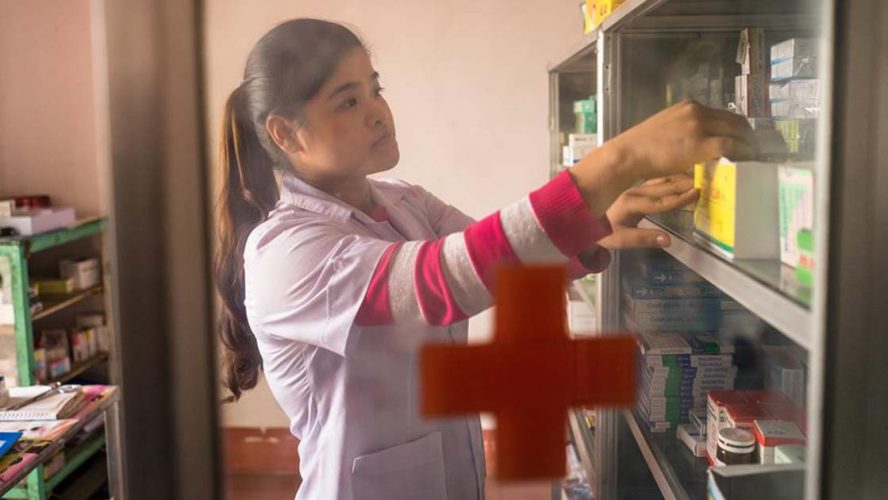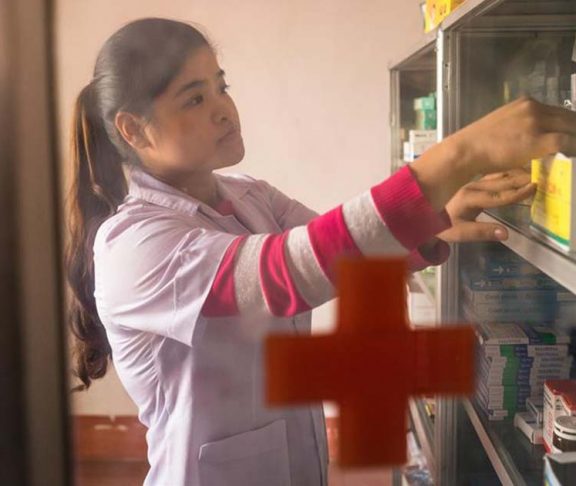
Dr Haileyesus Getahun
Director, Department of Global Coordination and Partnership, and Joint Tripartite Secretariat on Antimicrobial Resistance, World Health Organization
There is currently an inadequate economic case for galvanising AMR financing. Current knowledge should be used to develop models to advocate for urgency of action and investment in AMR.
Financing for the global response to antimicrobial resistance (AMR) is insufficient. In 2020, only one in five countries reported funding sources for their national action plans on AMR and only USD $1.6 billion was invested in research and development across humans, animals, plants and the environment. In comparison, global military expenditure in 2020 was USD $1981 billion.
At the same time, existing estimates of the costs of AMR containment measures are not robust, ranging from USD $4-9 billion annually, far less than the estimated annual needs of USD $26 billion and USD $15 billion for HIV and TB respectively. There is also no compelling economic case on the return on investment in AMR such as for universal access to contraception (every US dollar spent yields USD $120 in return) or increasing tobacco prices (USD $22 return per dollar invested). Current estimates of the global economic loss due to AMR are futuristic and do not account for the short- and medium-term costs of inaction.
AMR has been mentioned consistently in recent G7 and G20 declarations.
More reliable data is required
These challenges are due to inadequate systems to create and collect reliable data. Better cost-benefit and return on investment estimates are critical to galvanise financing for the response to AMR globally and in countries. Current and annual economic impacts of AMR also need to be assessed. While establishing systems to collect robust data, the current knowledge base – including expert opinion – should be used to develop models for generating information to advocate for more urgent action and investment in AMR. The potential efficiency gains across humans, animals, plants and the environment may be particularly compelling from an economic perspective due to the benefits of multisectoral action.
Urgent need for tangible action
AMR has been mentioned consistently in recent G7 and G20 declarations, including the leaders’ declarations and communiqués of ministers of health, agriculture, environment and finance. However, the commitments made to date lack tangible and specific actions.
All countries should respond to the looming crises of AMR through the implementation of ambitious, multisectoral national action plans across the One Health spectrum and allocate adequate and sustainable domestic financing for the response in national plans and budgets. G7 and G20 countries must also play a more ambitious and active leadership role, including by availing external resources and increasing incentives for research and development on AMR.

